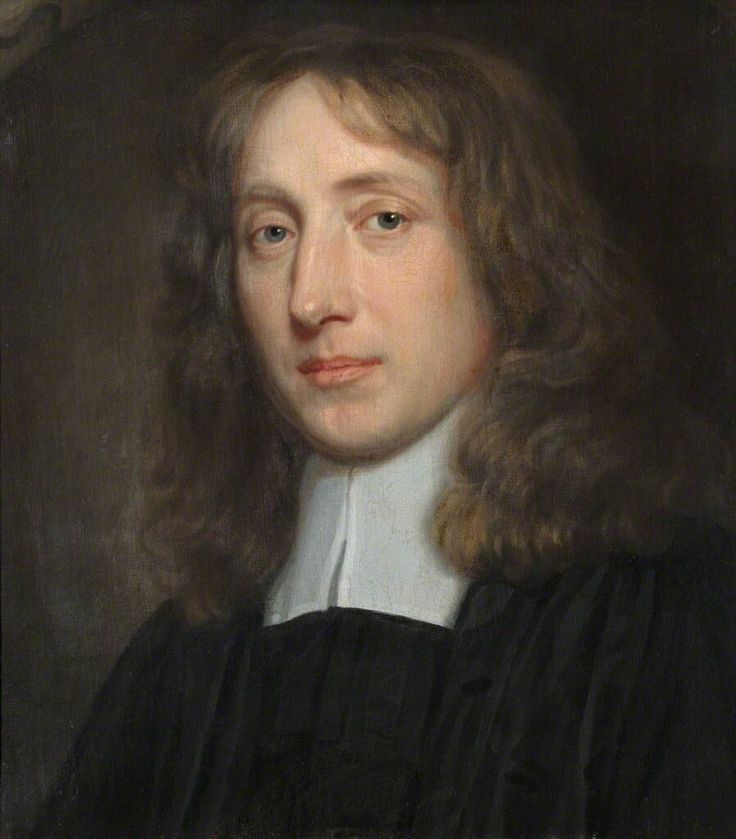Milton is a name that has resonated through time, evoking thoughts of literature, places, and even philosophical insights. But what exactly is Milton? In this article, we’ll explore the different aspects of Milton, from its literary roots to modern-day references. Whether you are interested in the famous poet John Milton, the town of Milton, or even the Milton philosophy, this article will cover it all in easy-to-understand sections.
Who Was John Milton?
John Milton, one of the greatest poets in the English language, has left an indelible mark on both literature and philosophy. Born in 1608 in London, Milton’s life was filled with dramatic historical events that influenced his writing and views. He is best known for his epic poem Paradise Lost, which tells the story of humanity’s fall from grace. Milton’s works continue to be studied and revered in the literary world.
Early Life of John Milton
Milton’s early years were marked by significant education. He attended Christ’s College, Cambridge, where he excelled in classical languages and literature. After completing his studies, Milton went on a self-imposed exile in Europe, where he met scholars and thinkers who shaped his views on politics, religion, and the human experience.
Milton’s Most Famous Works
Milton’s most notable work, Paradise Lost, was published in 1667 and is considered one of the greatest epic poems ever written. The poem recounts the biblical story of the fall of man, exploring themes of free will, obedience, and the nature of good and evil. Milton’s ability to combine classical literary traditions with Christian themes made this work a monumental piece in the history of literature.
Another important work by Milton is Paradise Regained, which continues the narrative of Paradise Lost but focuses more on the redemptive aspect of human nature. Milton also wrote Samson Agonistes, a tragic play inspired by the biblical figure Samson, which explores themes of strength, sacrifice, and redemption.
Influence of Milton on Modern Literature
Milton’s influence extends far beyond his own time. Writers such as William Blake, Percy Bysshe Shelley, and T.S. Eliot have cited him as a major influence on their works. His ideas on freedom, politics, and religion are still relevant in modern discourse, and his poetic style has inspired countless poets and thinkers.
The Town of Milton: A Place of Rich History
While John Milton might be the most famous association with the name, Milton is also a name shared by many towns around the world. In the United States alone, there are numerous towns and cities named Milton, each with its own unique history and significance. Here, we will take a closer look at the town of Milton, particularly Milton, Massachusetts, and Milton, Ontario.
Milton, Massachusetts
Located in Norfolk County, Milton, Massachusetts, is a small town with a rich history. Established in 1640, it has become known for its scenic beauty, excellent schools, and historical landmarks. The town is home to several preserved sites, such as the Blue Hills Reservation, which offers hiking trails and spectacular views of the Boston skyline.
Milton has long been a hub for education, boasting schools like Milton Academy, which is one of the oldest independent schools in the United States. The town’s rich history also includes its role in the American Revolution, where local militia fought against British forces.
Milton, Ontario
In Canada, Milton is a fast-growing town located in the Greater Toronto Area (GTA). It has seen rapid population growth in recent years, becoming one of the fastest-growing municipalities in Ontario. Despite its rapid development, Milton has retained much of its small-town charm with a mix of urban amenities and natural beauty.
Milton is known for its proximity to the Niagara Escarpment, a UNESCO World Biosphere Reserve, and is a gateway for outdoor activities like hiking, cycling, and birdwatching. The town also boasts a rich agricultural heritage, with many farms offering fresh produce and local goods.
Milton as a Concept: The Philosophy of Milton
Beyond literature and geography, the term “Milton” has come to symbolize a way of thinking. Milton’s writings, particularly Paradise Lost, explored deep philosophical questions about free will, fate, and human nature. Many scholars and thinkers have drawn from Milton’s works to develop theories about moral philosophy, ethics, and even politics.
Milton and Free Will
One of the most compelling ideas in Milton’s Paradise Lost is the theme of free will. The story of Adam and Eve’s fall from grace centers on the concept that humans are endowed with the ability to choose. Milton’s portrayal of Satan, who famously declares, “Better to reign in Hell, than serve in Heaven,” explores the tension between free will and predestination.
This idea of free will has resonated deeply with thinkers in both religious and secular contexts. In philosophy, the debate about whether humans are truly free or whether their actions are determined by forces beyond their control remains a central topic. Milton’s treatment of this theme has sparked debates that continue to this day.
Milton and the Nature of Evil
Another significant philosophical aspect of Milton’s work is his treatment of evil. In Paradise Lost, Satan is portrayed as a tragic figure—one who chooses rebellion against God and is cast into Hell. Milton presents evil not as an external force but as a consequence of choices made by individuals. This existential view of evil—where evil is a product of free will—has influenced theological and philosophical discussions about morality, responsibility, and sin.
Milton in Popular Culture
Milton’s influence is not limited to academic or literary circles. His works have been referenced and adapted in various forms of popular culture. From music to movies, Milton’s Paradise Lost has inspired countless interpretations. Some modern artists and writers have used Milton’s work as a foundation for exploring contemporary issues such as power, corruption, and rebellion.
Milton’s Legacy in Film and Music
Milton’s Paradise Lost has been adapted into film several times. Perhaps the most famous of these adaptations is The Devil’s Advocate (1997), which loosely draws inspiration from the themes of Paradise Lost. In the film, Al Pacino’s character, John Milton, is an allusion to the poet himself and his exploration of good versus evil.
In music, bands like Symphony X and Iron Maiden have released songs inspired by Paradise Lost. These references demonstrate how Milton’s themes continue to resonate with modern audiences, particularly in genres that explore dark or philosophical subject matter.
Conclusion: The Enduring Relevance of Milton
From the literary genius of John Milton to the towns named after him, the concept of Milton continues to hold significance in various areas of life. His works on free will, the nature of good and evil, and human responsibility have shaped not only literature but also philosophy, politics, and popular culture. Whether you’re reading Paradise Lost for its poetic grandeur or exploring the history of a town called Milton, there is no doubt that the legacy of Milton endures. It is a reminder of the power of the human mind, the importance of choice, and the enduring questions that continue to define our existence.
| Category | Details |
|---|---|
| Name | Milton |
| Famous Person | John Milton (1608–1674) |
| Key Works by John Milton | Paradise Lost, Paradise Regained, Samson Agonistes |
| Notable Themes | Free will, good vs. evil, the fall of man, redemption, human responsibility |
| Literary Significance | Considered one of the greatest poets in the English language; Paradise Lost is one of the greatest epic poems |
| Milton’s Influence | Inspired writers like William Blake, Percy Bysshe Shelley, T.S. Eliot, and many others |
| Milton, Massachusetts | A historic town in Norfolk County, Massachusetts, known for its scenic beauty, Blue Hills Reservation, and Milton Academy |
| Milton, Ontario | A fast-growing town in Ontario, Canada, known for its proximity to the Niagara Escarpment and agricultural heritage |
| Milton in Philosophy | Explores themes of free will, evil, and moral responsibility, influencing both religious and secular thought |
| Milton in Popular Culture | Adapted into films (e.g., The Devil’s Advocate) and music (e.g., bands like Iron Maiden) |
| Legacy | Continues to influence literature, philosophy, and pop culture, with discussions on freedom, morality, and the human condition |

